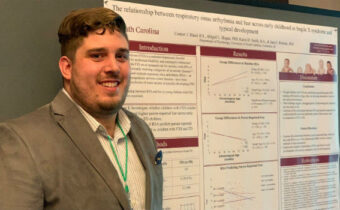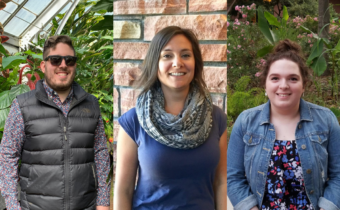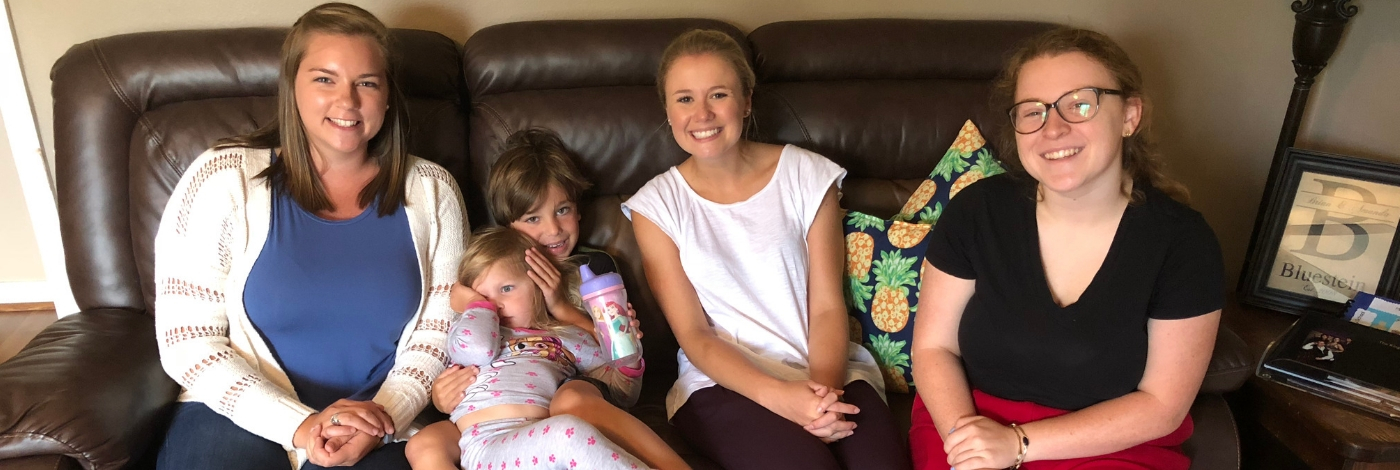Our Work
Our Team
Meet our research team
How You Can Help
Participate in our studies
Research
Learn about the lab's research projects
Recent News

Congratulations Dr. Katie Bangert!
Dr. Katie Bangert joined the Neurodevelopmental Disorders (NDD) Lab and the SC Family Experiences Lab as a postdoctoral fellow in 2020, following the completion of her Ph.D. at the University of Minnesota. Dr. Bangert was a vital member of the NDD Lab, overseeing the management of physiological data processing and providing oversight to undergraduate students
Read More
National Fragile X Day 2022
July 22 is National Fragile X Day, and this year, we were excited to celebrate the day again person! Staff and students from the NDD Lab joined researchers, families, and community advocates at the South Carolina Statehouse to hear July 22 be declared Fragile X Awareness Day in South Carolina. Thank you to everyone who
Read More
Graduate Student Conner Black Joins Nationwide Children’s Hospital
Graduate student and NDD Lab member Conner Black has accepted an internship at Nationwide Children’s Hospital.
Read More
Erin Hunt Awarded SPARC Grant
Erin Hunt, a graduate student in the NDD Lab, was awarded a SPARC grant.
Read More
Recent Publications from the NDD Lab
Three members of the NDD Lab received notification that their submitted papers were set to be published! Conner Black, doctoral student, had his paper “Early behavioral and physiological markers of social anxiety in infants with fragile X syndrome” published in the Journal for Neurodevelopmental Disorders. Dr. Elizabeth Will, postdoctoral researcher, had her paper “Associated Mechanisms
Read More
Research Round-Up #8
Autism Spectrum Disorder-Associated Behavior in Infants with Down SyndromeApproximately 20% of children with Down syndrome (DS) meet the diagnostic criteria for autism spectrum disorder (ASD), which suggests that children with DS are at elevated risk for ASD. In this study, researchers were interested in analyzing how infants with DS and typically developing (TD) infants differed
Read MoreLearn how you can take part in our research



